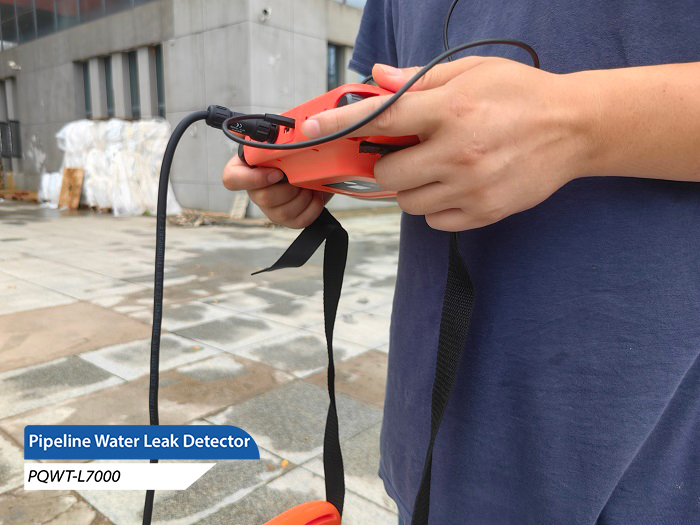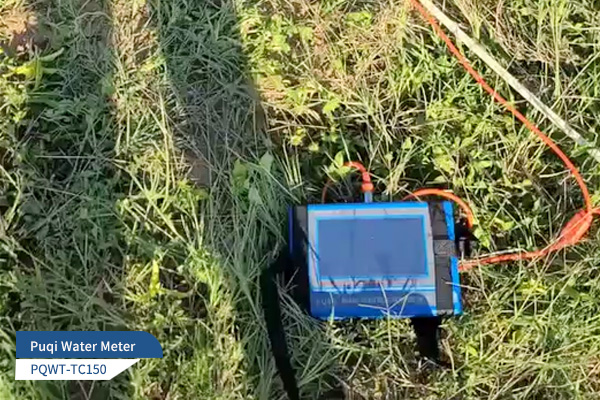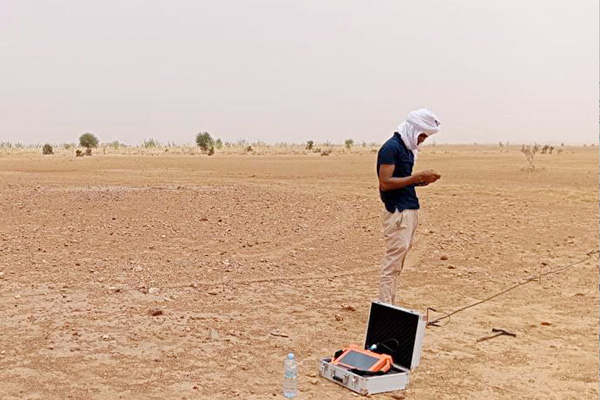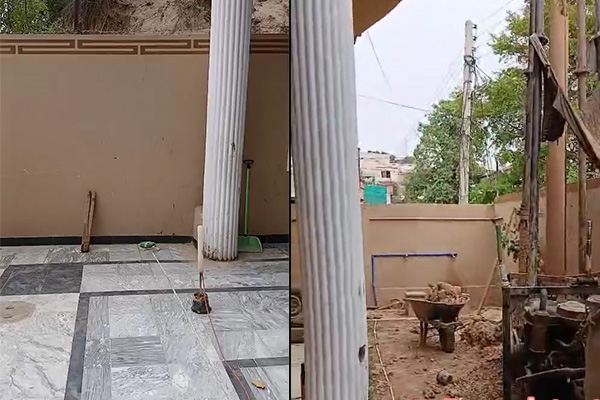Pipeline leak detector, as an indispensable high-tech tool in modern water management and maintenance, is becoming increasingly important. It utilizes principles such as sound waves and pressure changes to quickly and accurately locate leakage points, providing strong support for the maintenance of urban water supply, drainage, and other systems. However, pipeline leak detectors are not perfect, and they also have some advantages and disadvantages in practical applications.

Advantages of pipeline leak detector
1. Fast response and shortened detection cycle: Pipeline leak detector can respond quickly and significantly shorten the leak detection cycle. This is of great significance for timely detection of problems, reduction of water resource waste, and lowering the risk of secondary disasters caused by water leakage.
2. Accurate positioning and reduced resource waste: Pipeline leak detector can accurately locate the leakage point, avoiding the resource waste caused by blind mining and repair in traditional detection methods. This not only saves valuable time, but also effectively reduces maintenance costs.
3. High sensitivity, early detection of problems: Pipeline leak detector has high sensitivity, even small water leakage sounds can be accurately captured. This enables it to detect problems in the early stages of water leakage, avoiding greater losses caused by long-term undetected water leakage issues.
4. Easy to operate and user-friendly: The pipeline leak detector is relatively easy to operate and can be quickly used by professionals without complex training. This further improves work efficiency, making water leakage detection work more efficient and convenient.
5. High level of intelligence, predicting potential risks: Modern pipeline leak detectors often integrate advanced technologies such as big data analysis and artificial intelligence algorithms, which can analyze underground pipeline data in real time and predict potential leakage risk areas. This forward-looking maintenance strategy not only reduces maintenance costs, but also enhances the overall efficiency of urban water management.
Disadvantages of pipeline leak detector
1. High equipment cost: Pipeline leak detector is a high-end detection device with a relatively high price. At the same time, it also requires additional accessories and maintenance by technical personnel, which increases the cost of use. This may be a significant burden for some units with limited budgets.
2. Data interpretation requires professional skills: The detection results of pipeline leak detectors need to be interpreted and analyzed by professionals. This requires the user to have a certain level of professional knowledge and experience, otherwise it may be difficult to accurately determine the location and extent of the leakage point.
3. Influenced by terrain and medium: The detection performance of pipeline leak detector is affected by terrain and medium. In complex terrain or uneven media, the detection results may not be accurate or stable enough. This limits the application of pipeline leak detectors in certain specific scenarios.
Pipeline leak detectors play an important role in modern water management due to their advantages of fast response, precise positioning, and high sensitivity. However, its high equipment cost and specialized skills required for data interpretation also limit its application in certain scenarios. Therefore, when using pipeline leak detector, it is necessary to choose according to the actual situation and combine it with other detection methods to improve the accuracy and reliability of detection. In the future, with the continuous advancement and innovation of technology, the performance and effectiveness of pipeline leak detectors are expected to be further improved and perfected.








